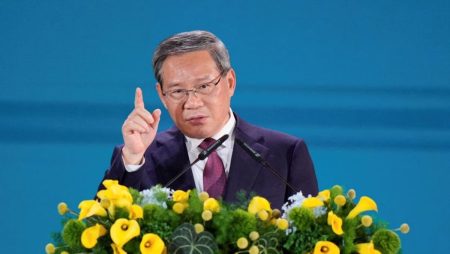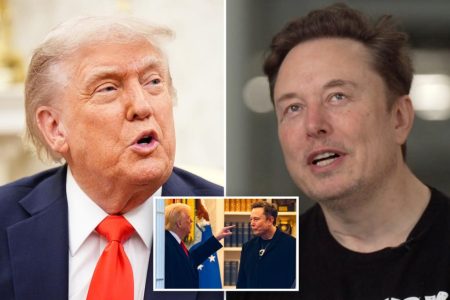The recent pardon of Hunter Biden by President Joe Biden has ignited a firestorm of controversy, raising questions about presidential prerogative, political influence, and the delicate balance between family and duty. White House Press Secretary Karine Jean-Pierre confirmed that the pardon, which covers any potential offenses committed by Hunter Biden between 2014 and 2024, was a difficult decision for the president, one he “wrestled with” extensively. However, Jean-Pierre revealed a pivotal factor in the president’s ultimate decision: a conversation with influential Congressman Jim Clyburn (D-SC). According to Jean-Pierre, Clyburn, a longtime confidant of the president, actively encouraged Biden to grant the pardon, despite initial reluctance from the president. This revelation positions Clyburn as a key player in the pardon saga, suggesting his influence carried significant weight in swaying the president’s decision.
Clyburn’s advocacy for Hunter Biden’s pardon extends beyond a single act of persuasion. Following the pardon’s announcement, Clyburn has actively encouraged the Biden administration to consider a broader application of presidential pardons before the end of Biden’s term. He specifically highlighted the potential vulnerability of individuals who have been critical of former President Donald Trump, including Special Counsel Jack Smith, former Representative Liz Cheney, and former COVID-19 advisor Dr. Anthony Fauci. Clyburn’s concern stems from the possibility that the incoming Trump administration might target these individuals for politically motivated investigations or prosecutions. He sees preemptive pardons as a shield against such potential actions, safeguarding individuals who acted in what he perceives as the public interest. This proposal expands the scope of the pardon debate, shifting it from a personal matter involving the president’s son to a broader discussion about protecting political dissent and preventing potential abuse of power.
Clyburn’s advocacy reflects a growing concern within some Democratic circles about the potential for retaliatory actions by the incoming Trump administration. Several high-profile figures, including Senator-elect Adam Schiff and retired General Mark Milley, have been mentioned as potential targets for investigations. These concerns underscore a deeply polarized political climate, where the transfer of power is viewed not just as a routine democratic process, but as a potential opportunity for score-settling and retribution. Clyburn’s call for preemptive pardons reflects a desire to protect individuals perceived to be at risk, highlighting the anxieties surrounding the incoming administration.
The discussion surrounding preemptive pardons raises complex legal and ethical questions. While the president’s power to pardon is broad, its application in preemptive scenarios is largely uncharted territory. Such pardons raise concerns about undermining the rule of law and potentially shielding individuals from legitimate investigations. They also raise the specter of politicizing the pardon power, using it not for acts of mercy or reconciliation, but as a tool to protect political allies. Balancing the legitimate need to protect individuals from potential persecution with the potential for abuse of the pardon power poses a significant challenge.
Adding another layer of complexity to this already intricate situation is Clyburn’s unexpected suggestion of a potential pardon for Donald Trump himself. He justified this seemingly contradictory position by referencing the Supreme Court’s stance on presidential immunity. While acknowledging the legal complexities, Clyburn’s suggestion underscores the highly charged political atmosphere and the deep divisions that permeate the current political landscape. A pardon for Trump, even if theoretically justified, would undoubtedly spark intense controversy and further fuel the ongoing political battles.
The confluence of Hunter Biden’s pardon, Clyburn’s advocacy for broader preemptive pardons, and the possibility of a Trump pardon creates a complex and controversial political tapestry. This confluence raises profound questions about the appropriate use of presidential power, the potential for political influence, and the delicate balance between justice and mercy in a deeply divided nation. The pardon debate highlights the critical importance of transparency and accountability in the exercise of presidential power, particularly in sensitive matters with far-reaching implications. It also underscores the urgency of finding common ground and fostering a more civil and constructive political discourse. The unfolding events surrounding these potential pardons will undoubtedly shape the political landscape in the coming months and years, leaving a lasting impact on how presidential power is perceived and exercised.










